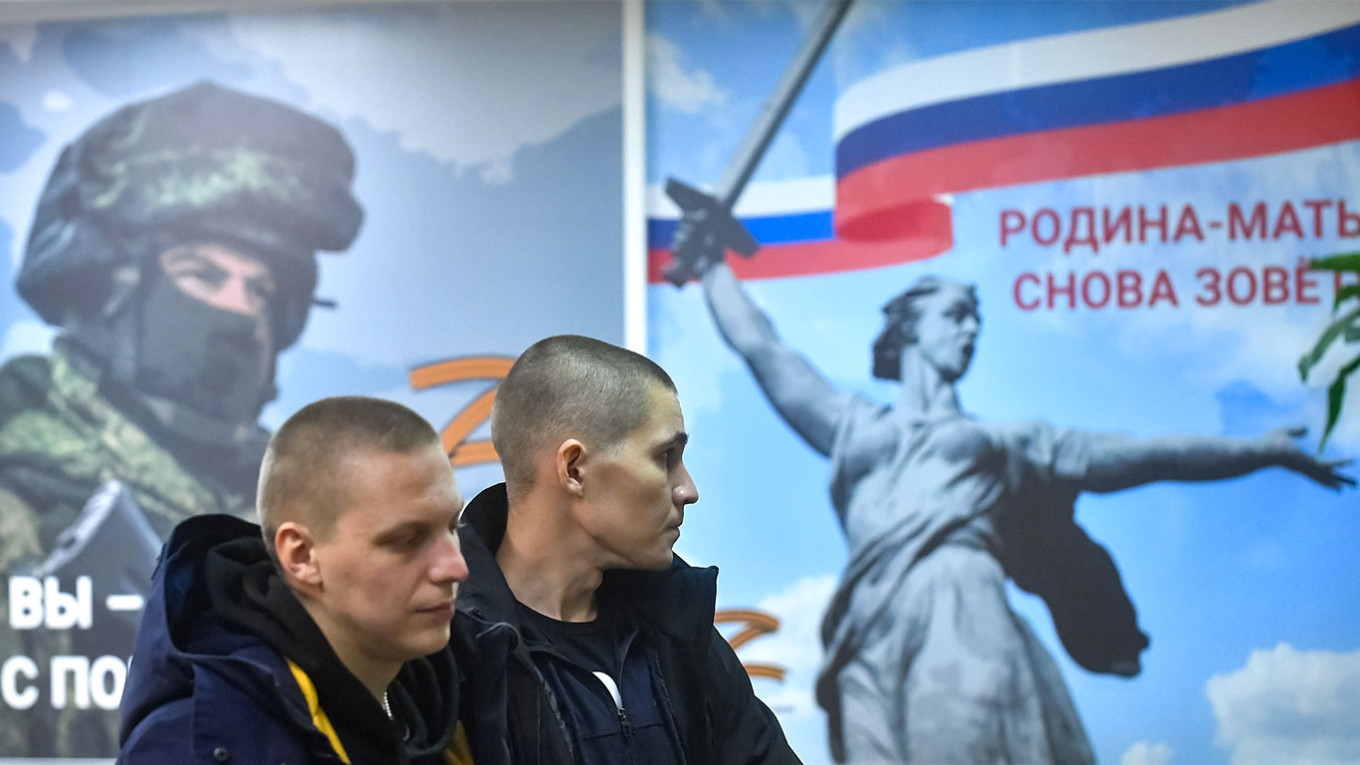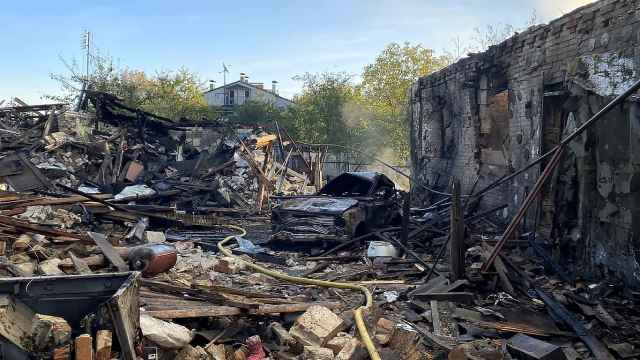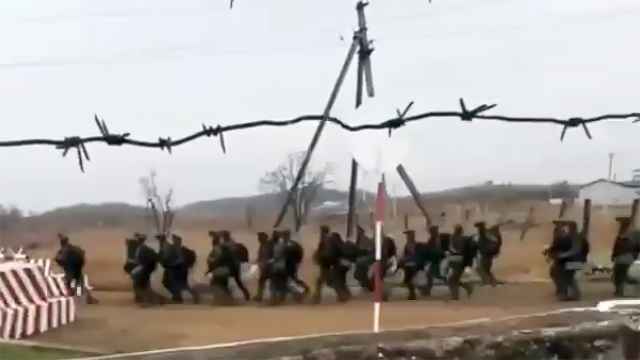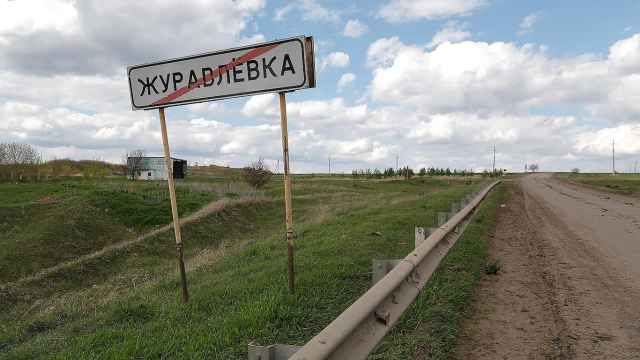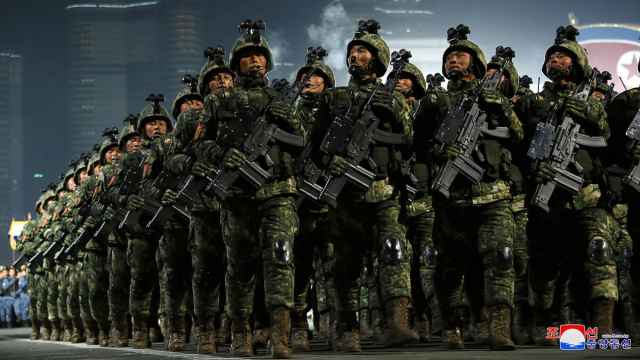A shooting at an enlistment office in Siberia on Monday was the most violent episode of a spate of arson attacks and protests that have flared across Russia following President Vladimir Putin’s announcement of a “partial” mobilization.
The gunman, who later identified himself as 25-year-old local Ruslan Zinin, opened fire at the enlistment office in the Irkutsk region town of Ust-Ilimsk, leaving the official overseeing the draft hospitalized in critical condition.
The attack came as a wave of protests erupted across Russia, tens of thousands of fighting-age men fled abroad and military enlistment offices across the country were hit by firebombs.
The unrest is widely believed to be a visceral reaction to the call-up, which Defense Minister Sergei Shoigu said will send 300,000 reservists to fight in Ukraine but could in reality see many more called up.
“I worked together with Ruslan for some time; you could always ask him for help,” a friend of Zinin’s wrote on Monday in a local group on social media platform VKontakte.
“He was probably protesting against the mobilization,” the friend added, calling Zinin “Ust-Ilimsky’s Che Guevara.”
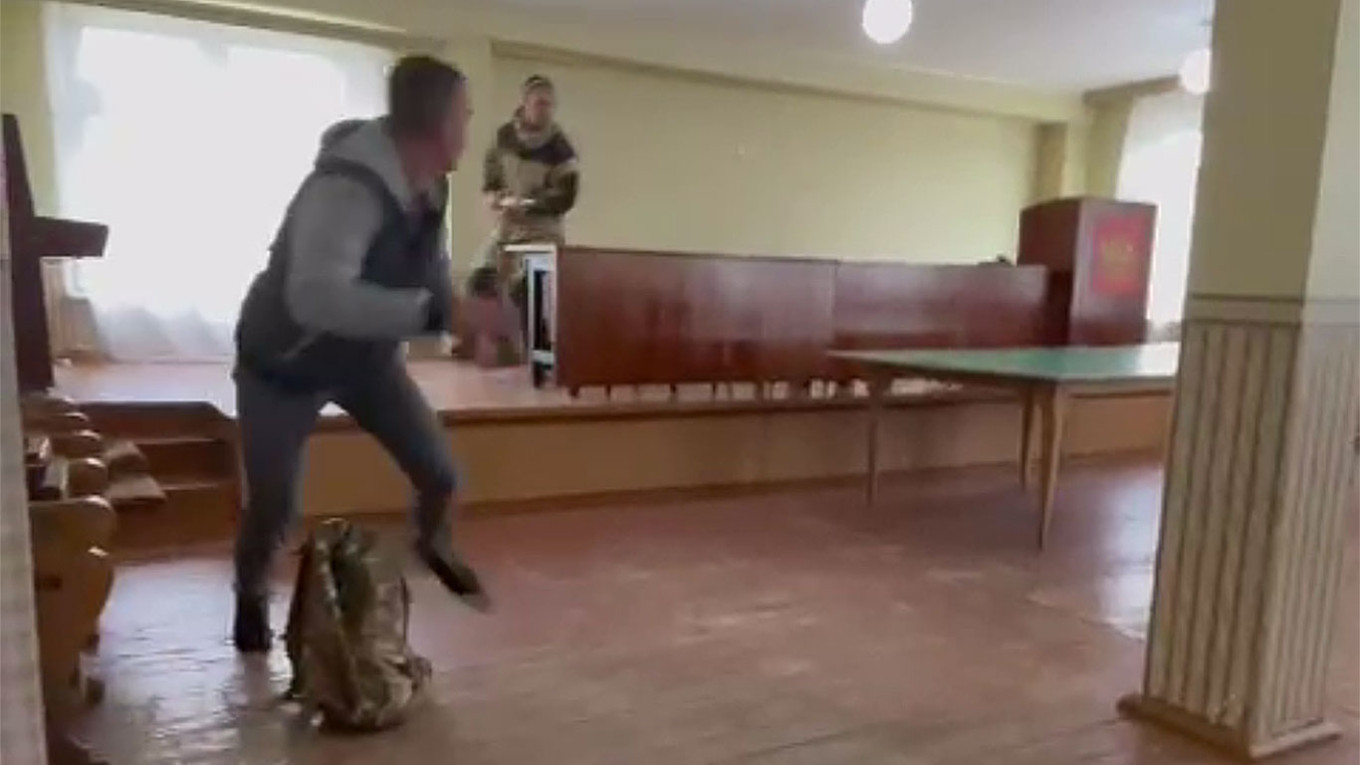
In the days since Putin’s announcement, at least 20 military or administrative buildings across the country have been targeted by Molotov cocktails or arson attacks.
Video footage shared Monday by the pro-Kremlin Telegram channel Mash showed a man later identified as Maxim Filatov blocking the entrance of an enlistment office with his car before throwing five Molotov cocktails into the building.
“Everyone protests the way they think is right,” Filatov later wrote on social media after being released from police custody.
“I express my protest against mobilization and war in the following way,” the activist added, sharing a picture of a Molotov cocktail.
Russian enlistment offices had faced a string of similar attacks in the months following the Kremlin’s invasion of Ukraine on Feb. 24.
But the latest incidents have shown activists to be slightly more organized, according to Mark Galeotti, an expert on Russian security at Mayak Intelligence.

“What started as an entirely spontaneous act may be just beginning to see the forms of some very loose networked structure behind them,” Galeotti told The Moscow Times.
Activists and protest groups have started sharing tips for making Molotov cocktails at home and coordinating ways to resist mobilization in the past week.
“We came out of the people, we are the people, and we have a goal — TO STOP MOBILIZATION!!!” wrote the newly formed Utro Dagestan partisan group in a Telegram post Monday.
The Utro Dagestan activists have been calling on locals in the North Caucasus republic of Dagestan to attend protests and attack military infrastructure.
“Our goal is state infrastructure facilities: highways, railways, airports, military enlistment offices,” the group wrote. “All of our tools are those which you can buy in the store — nothing more. Saw, crowbar, keys, matches, arson and so on!”
Russia’s North Caucasus regions have seen some of the fiercest anti-mobilization protests, with hundreds of protesters detained and scenes of brawls with police. Two of the country’s poorer ethnic republics — that have already suffered some of the highest known death rates in Ukraine — are now reportedly being called on to provide a disproportionate amount of men.
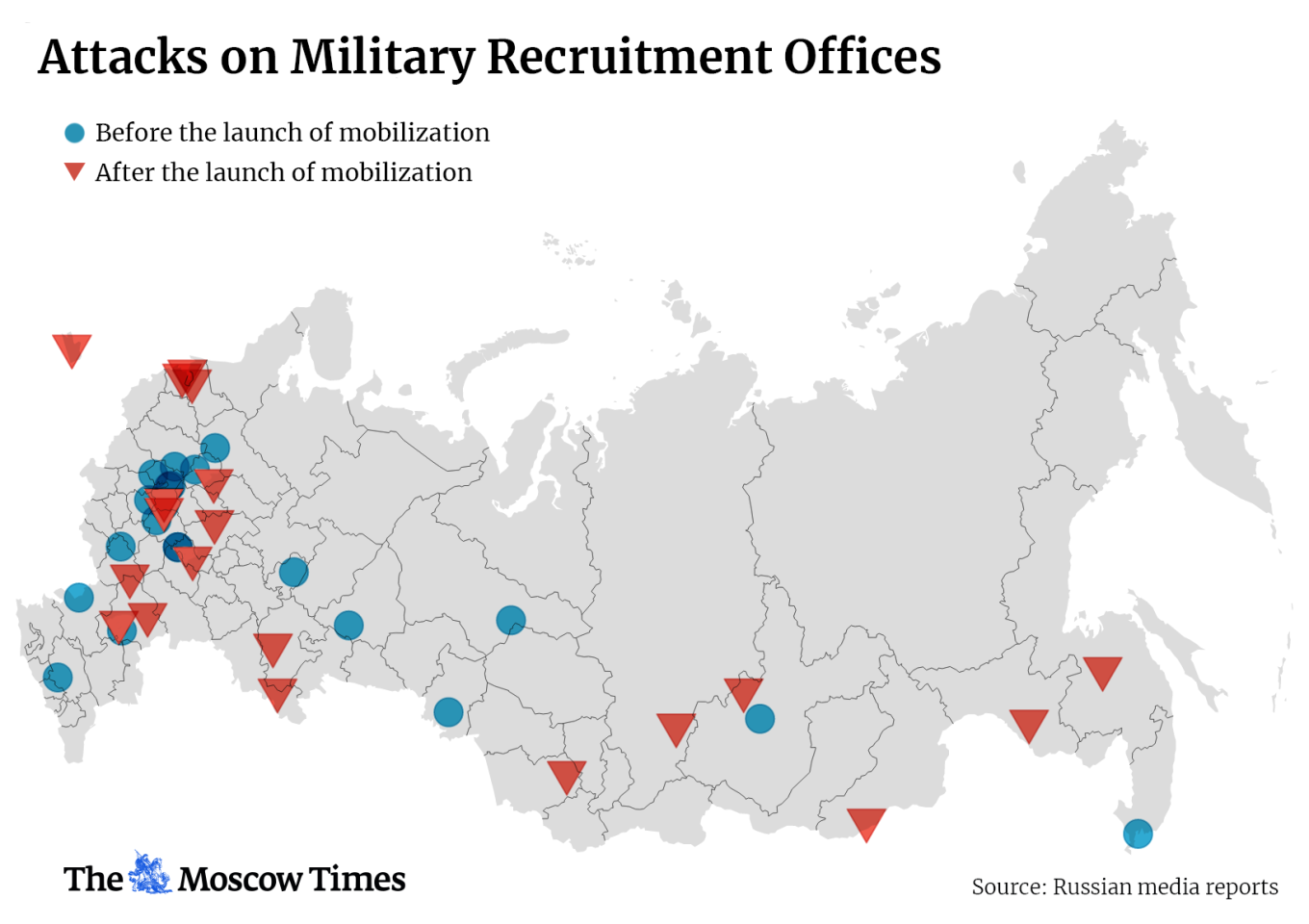
“You send our children there and then they burn in tanks,” a woman screamed at an official in Nalchik, the capital of the southern Russian republic of Kabardino-Balkaria, in a video published earlier this week.
Taking aim at Russia’s enlistment offices is a way of hindering the mobilization process in addition to its symbolic value, said Armen Aramyan, activist and editor of opposition magazine DOXA.
“Conscription offices are an enormously important institution for the Russian army's mobilization efforts, as many personal cases of Russian conscripts exist only in paper and are stored in such offices; they are not digitized in any way,” Aramyan posted on Twitter after calling on Russians to carry out more such attacks.

Other Russians have staged more personal acts of defiance.
In the western Russian city of Ryazan on Monday, a man reportedly set himself on fire at the city’s central train station.
“I don’t want to be taken to the front,” the man shouted as he was rushed away by medical services, according to a video of the incident published online.
And most visibly, tens of thousands of men of military age have fled Russia.
The wave of resistance is a signal that Putin has effectively torn up the unspoken deal he had struck with Russians to try and ensure their acceptance of the war, Galeotti said.
“The nature of the social contract that Putin secured is that ‘You let me fight my war, and I won't let it impinge on your lives’,” he said.
But the call to arms for thousands of Russians has broken that contract.
“All of a sudden, when you’re actually being called up, that's when it becomes personal.”
A Message from The Moscow Times:
Dear readers,
We are facing unprecedented challenges. Russia's Prosecutor General's Office has designated The Moscow Times as an "undesirable" organization, criminalizing our work and putting our staff at risk of prosecution. This follows our earlier unjust labeling as a "foreign agent."
These actions are direct attempts to silence independent journalism in Russia. The authorities claim our work "discredits the decisions of the Russian leadership." We see things differently: we strive to provide accurate, unbiased reporting on Russia.
We, the journalists of The Moscow Times, refuse to be silenced. But to continue our work, we need your help.
Your support, no matter how small, makes a world of difference. If you can, please support us monthly starting from just $2. It's quick to set up, and every contribution makes a significant impact.
By supporting The Moscow Times, you're defending open, independent journalism in the face of repression. Thank you for standing with us.
Remind me later.



